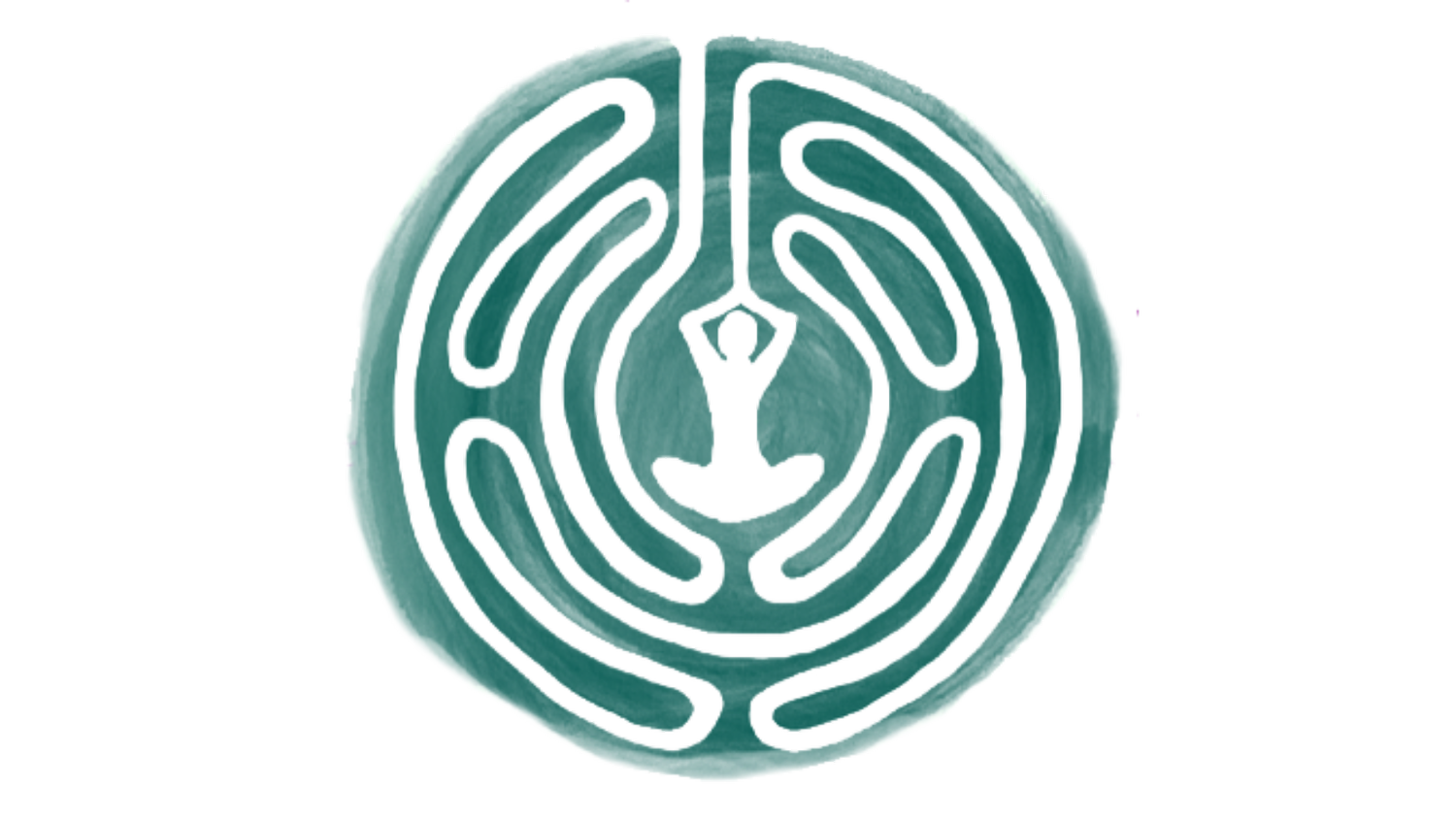Prana and the Lord, the Giver of Life.
Author and theologian Grace Ji-Sun Kim
You don’t have to go to many yoga classes before you start hearing words like prana or Shakti, or perhaps simply “energy.” How might a Christian understand such language? Are there dimensions of the yoga tradition’s understanding of prana that have analogues in Christian theology or that might prove to enrich Christian understanding and practice?
Grace Ji-Sun Kim is one theologian who has been studying these questions. Born in Seoul, Korea, Kim grew up in Canada, eventually doing graduate and doctoral work in theology at the University of Toronto. An ordained minister in the Presbyterian Church (USA), she teaches at Earlham School of Religion in Richmond, Indiana. Her interests include constructive theology (a.k.a. systematic theology), feminist theology, post-colonial theology, and Asian-American theology. Her 2007 article in Dialogue & Alliance, “A Global Understanding of the Spirit,” was an instance of a line of thinking that would lead to her second book, The Holy Spirit, Chi, and the Other: A Model of Global and Intercultural Pneumatology. Kim seeks in this work to enrich Western Christian understandings of the Holy Spirit (i.e., “pneumatology”), which she sees as marred by categories that are overwhelmingly centered in European and androcentric or male-focused categories.
Kim explores parallels between the Holy Spirit and especially chi (qi) in Chinese thought. Note that prana is the equivalent word in Sanskrit for chi (or in Japanese ki). She describes the range of understandings of chi: primordial vitality, source of the universe, life substance, life energy, unifying force. She goes on to discuss primary Christian understandings of the Spirit: ruach, breath, wind, spirit, energy, and life. One may already begin to see complementary understandings of chi and the Spirit, but Kim goes further. She brings a thorough critique to Western colonialist interpretations of Asian cultures and religions. Many Christians fear that taking ideas, categories, practices, etc. from other religious traditions can lead to a watering down of Christian doctrine or to a blurred syncretism. Kim confronts these fears directly. She argues for hybrid forms of thought and identity. This, she argues, is appropriate to a post-colonial world. The colonialist mindset enforces rigid identities. It describes a world of hierarchy and domination that divides men and women, colonizer and colonized, spirit and matter, and any number of other false and oppressive distinctions. Kim maintains that hybridity is far from alien to Christianity. The Christian theological tradition is itself a hybrid of many competing forms. It is made up, for example, of Semitic thought forms coming from the people of Israel and the Greek philosophical heritage.
Kim is committed to theology that liberates. She argues that a Spirit-chi hybridity can challenge Western racism against Asian peoples and cultures by affirming and incorporating ideas about chi into richer understanding of the Holy Spirit. Rather than assuming spirit to be opposed to matter, Spirit-chi thought can help overcome our endemic dualism between them. Such dualism supports the oppression of men over women, white people over people of colour, human beings over plants and animals, etc.
Kim’s work is a major constructive contribution to the ongoing work of Western Christianity’s recovery and renewal of the theology of the Holy Spirit (pneumatology). She demonstrates the value of an inter-spiritual dialogue in which one allows oneself to be challenged and changed through the encounter with the other, rather than leaving everything simply at the level of an exchange of information.
Christians who practice yoga will already know, at least at an intuitive level, the various ways an embodied practice helps to overcome body/spirit dualisms and confirms the experience - even at a cellular level - of the Holy Spirit as “the Lord, the giver of life” as the Nicene Creed confesses.
While I celebrate Kim’s work, the latter point raises a certain caveat: Christian reflection on the Holy Spirit begins and ends with the Triune God. The Spirit is no stand-alone divinity but is always in relation to the Father and to the Son. Can we understand chi/prana as more than simply élan vital, mere power and energy unrelated to our salvation? I don’t think Kim has yet addressed this crucial matter. Kim’s treatment of the Spirit in Christian theology would have been fuller had she drawn more on the very rich vein of pneumatology in Eastern Orthodoxy. That said, however, her work is a tremendously valuable contribution to Christian engagement with the culture and understanding of chi/prana found throughout Asia. Christians who practice yoga are themselves reaching across cultural boundaries and finding the experience life giving. Kim’s work represents an academic theologian’s openness to such exploration.
Theology is famously described as “faith seeking understanding.” Readers without formal theological training will likely find Kim’s 2007 article more accessible than the book. Both offer resources to Christians who practice yoga to articulate better their understanding of their own experience on the mat.

